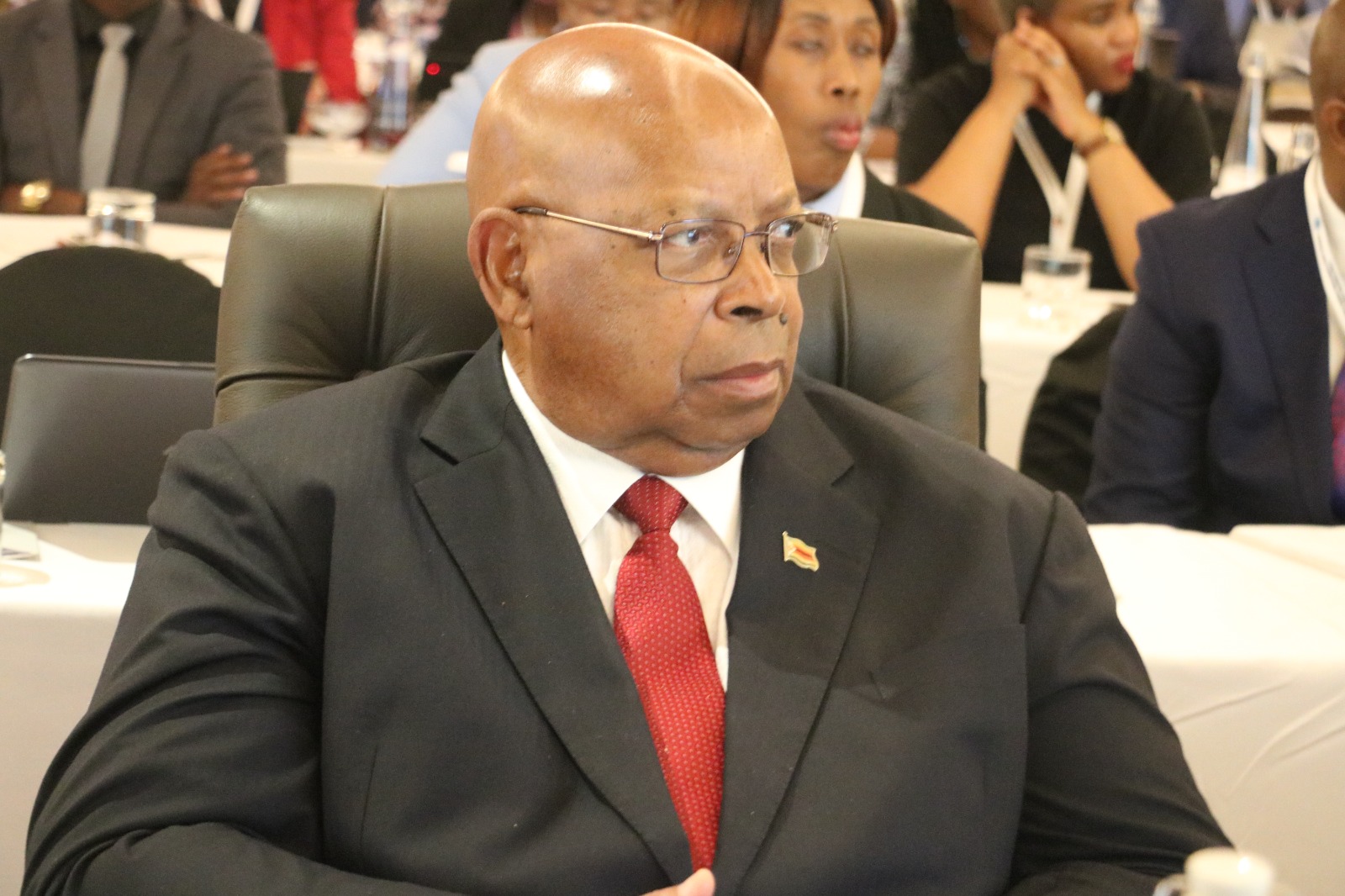Election of the Speaker of National Assembly: Will Zanu PF give Jacob Mudenda another term? #ElectionsZW
The newly elected members of the National Assembly for the 10th Parliament of Zimbabwe are going to take the oath of office on Thursday 7th of September.
Besides taking the oath of the Member of Parliament, the legislators are supposed to also elect a presiding officer who is famously known as the Speaker of National Assembly, in terms of Section 126(1) of the Zimbabwe Constitution.
Section 126 (1) of the Zimbabwe Constitution says ‘’At its first sitting after a general election, and before proceeding to any other business, the National Assembly must elect a presiding officer to be known as the Speaker.’’
In the just ended 9th Parliament of Zimbabwe, Zanu PF Politburo member Advocate Jacob Francis Mudenda was the Speaker.
While it is not yet clear whether Zanu PF will entrust Mudenda again to hold the reigns of Parliament, the Constitution does not set term limits for reelection of the Speaker of National Assembly.
Mudenda in 2022 is alleged to have infuriated Zanu PF colleagues when he called for the diaspora vote, a topic that is often shunned by the ruling party in Zimbabwe.
Currently, Zimbabweans in the diaspora cannot exercise their voting rights, unless they come back to vote from home.
Qualification for election of Speaker of the National Assembly
According to Section 126 (3), a person is only qualified for election as Speaker is he or she is or has been a member of the National Assembly or qualified to be elected to the National Assembly.
A person is qualified to be elected to the National Assembly if they meet the requirements set out in Section 125 which are (a)being a registered voter and (b) being at least Twenty-one years of age.
Technically anyone who is in Parliament can be voted to become the Speaker, provided they get enough votes during the election. Political parties can also decide to nominate anyone who is not an MP as long as that person meets the qualification of becoming an MP in Zimbabwe.
Election of Speaker of the National Assembly
In Section 126(4), the constitution of Zimbabwe says that ‘’ Elections to the office Speaker must be conducted by the Clerk of Parliament under the supervision of the Zimbabwe Electoral Commission (ZEC), by secret ballot in accordance with Standing Orders, and the results must be announced forthwith.
The constitution in Section 126(5) further states that ‘’Before commencing his or her, the speaker must take before the Chief Justice or the next most senior judge available the oaths of loyalty and office in the forms set out in the Third schedule.
However, should any of the MPs who were elected in the 2023 general elections, is voted to become the Speaker, the relinquish their seats because the Constitution, says ‘’A members of the National Assembly who is elected as Speaker ceases to be a member of the National Assembly, and the seat they were occupying becomes vacant and is filled in accordance with the Electoral Law.
This is what happened in 2008 to then Speaker of the National Assembly in the 7th Parliament (August 2008 to September 2013) Lovemore Moyo who had been elected legislator for Matobo North.
The Term of Office of the Speaker
The term of office of the Speaker is as long as the life of Parliament, which is five years. The Speaker can be re-elected at the end of the five years for another five year term. The constitution does not limit the number of times the Speaker can be re-elected.
Duties of the Speaker
The Speaker is the presiding officer of Parliament and as such must act with both authority and impartiality. The Speaker’s role in the House is to run the proceedings. The Speaker maintains order, puts questions after debate and conducts divisions (voting in the House).
In maintaining order the Speaker interprets and applies the Standing Orders and Rules of the National Assembly by making rulings and decisions.
A decision of the Speaker may only be challenged by motion of dissent. By custom, the Speaker does not participate in debates. The Speaker is the mouthpiece for the House, conveying messages and addresses from the House to the State President.
The Speaker is also responsible for upholding the rights and privileges of Members and the House. The Speaker has extensive administrative functions, being responsible for the overall direction of the Parliament. In this, the Speaker is advised by the Clerk of Parliament.
Since 1980 Zimbabwe has had more than five different Speakers of the National Assembly and these include John Nkomo, Didymus Mutasa, Nolan Makombe, Cyril Ndebele, Emmerson Mnangagwa, Lovemore Moyo, and Jacob Mudenda among others



